Scientific Perspectives I: Determining the Hotspots
Panel A: Impact Regions & Climate Change Phenomena
This panel will discuss the theoretical and conceptual approaches to defining the relevant indicators, dynamics, and potential context-specific causal pathways between environmental factors and instability.
After defining anticipated hotspot regions and their relevant locally most relevant indicators, the panelists will discuss similarities and differences of the respective impacts in those regions and see which conclusions on specific factors relevant to increasing regional and local resilience can be drawn.
The important question of conditional causality will also be covered:
- When do climate-induced extreme weather events and climate change lead to the onset of conflict or its escalation?
- Which are the relevant scope conditions in the impact regions such as ethnic heterogeneity, income-weak states, and lack of social and economic developmnt?
- Which types of violent conflict occur and how are they linked to the type of climate change phenomenon?

Dr. Chris Funk
Director, Climate Hazards Center (CHC)
Chris Funk is Director of the Climate Hazards Center (CHC) at the University of California, Santa Barbara. He works with an international team of Earth scientists to inform weather and famine-related disaster responses, with particular attention to drought. Chris studies climate and climate change while also developing improved data sets and monitoring/prediction systems. He has led the development of the widely used Climate Hazards InfraRed Precipitation with Stations (CHIRPS) rainfall archive and the newer Climate Hazards InfraRed Temperature with Stations (CHIRTS) product. Chris has been an author or co-author on about 180 publications. In 2020 Chris and Shraddhandand Shukla published a book on Drought Early Warning and Forecasting. In 2021 Chris published: Drought, Flood, Fire: How Climate Change Contributes to Recent Catastrophes, with Cambridge University Press. While his research interests are quite diverse, a central theme uniting Chris’ work is developing both the technical/scientific resources and the conceptual frameworks that will help us cope with increasingly dangerous climate and weather extremes.
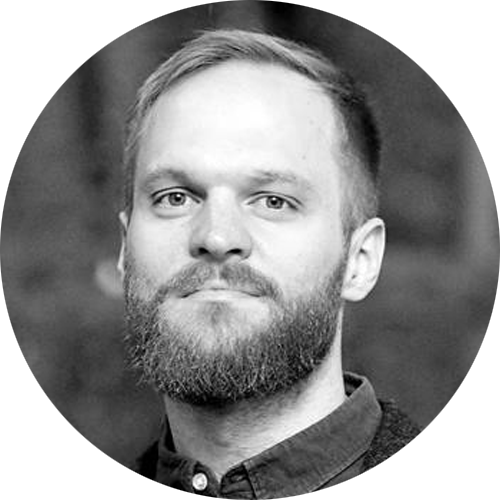
Dr. Ulrich Eberle
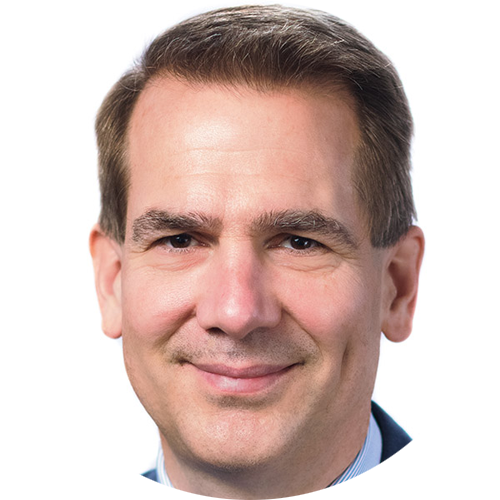
Prof. Wolfram Schlenker
Wolfram Schlenker is a Professor of Economics and Vice Dean for Academic Affairs at the School of International and Public Affairs (SIPA) at Columbia University, where he co-directs the Center for Environmental Economics and Policy (ceep.columbia.edu). He is also a Research Associate at the National Bureau of Economic Research (NBER). He currently serves on the Board of Reviewing Editors at Science. He previously was an Associate Professor of Agricultural and Resource Economics at the University of California at Berkeley and an Assistant Professor of Economics at the University of California at San Diego. He was the Cargill Visiting Scholar at Stanford University, Gilbert White Fellow at Resources for the Future, and Visiting Scholar at the Princeton Environmental Institute and Department of Economics. He received a Master in Engineering and Management Science (Diplom in Wirtschaftsingenieurwesen) from the University of Karlsruhe in Germany, a Master of Environmental Management from Duke University, and a Ph.D. in Agricultural and Resource Economics from the University of California at Berkeley. He has studied the effect of weather and climate on agricultural yields, how climate trends and the US biofuel mandate influences agricultural commodity prices and migration, and how pollution impacts both agricultural yields and human morbidity, as well as driver of non-renewable commodity prices.
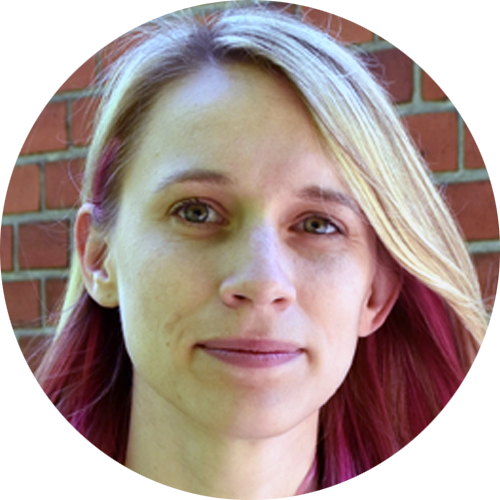
Dr. Lina Eklund
Lina Eklund has a Ph.D. in Physical Geography and Ecosystem Analysis from Lund University from 2015. Her current research interests are placed within the fields of land system science and environmental security. With the use of satellite images and spatial methods, she explores the potential connections between drought, migration, land use, fire, and conflict in the Middle East. She is a researcher at the Department of Physical Geography and Ecosystem Science and also affiliated with the Centre for Advanced Middle Eastern Studies at Lund University, both at Lund University.
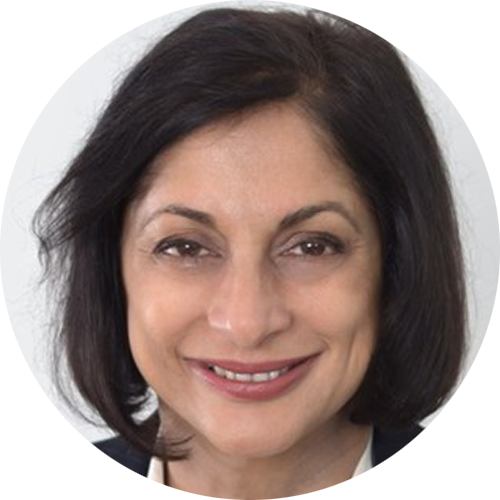
Ms. Anya Sitaram
Moderator
Anya Sitaram is a documentary producer, communications consultant and professional conference moderator specialising in health, science and international development. A former Health and Science correspondent and BBC World News anchor, Anya now runs Rockhopper Media (www.rockhopper.media) an award winning television and film production company. Anya has overseen scores of documentaries which have run on channels around the world including BBC World News, PBS, Discovery, Nat Geo and Al Jazeera among others. Anya began her career as a BBC trainee before becoming ITN Health and Science Correspondent and later a presenter on the BBC’s flagship science programme Tomorrow’s World.
Panel B: The People Factor: Vulnerable Groups
This panel is an expert conversation on understanding the defining characteristics of vulnerability, what communities and individuals in vulnerable situations have in common in different regions, what makes these groups particularly vulnerable to climate change and its effects and how climate change is a threat multiplier to human security. The discussion will furthermore identify pathways to enable political inclusion and discuss how, with the common goal of overcoming climate vulnerability, transboundary solidarity can be increased. Lastly, identifying resilience factors and how academia could help policy experts and decision makers to foster these will be explored on this panel.
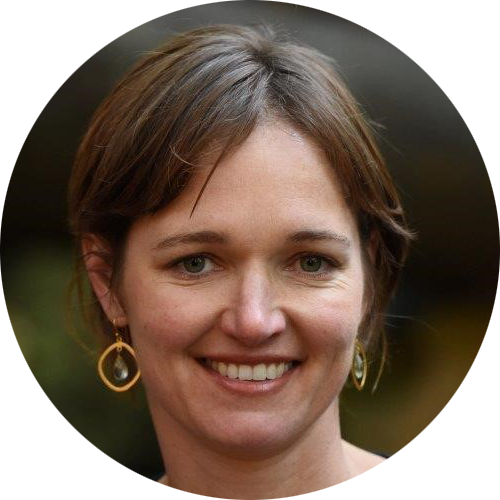
Prof. Gina Ziervogel
Gina Ziervogel is Associate Professor in the Department of Environmental and Geographical Science at the University of Cape Town, South Africa. Her research focuses on climate change adaptation and development across scales from the household to municipal level with a focus on water, urban governance and resilience issues. Methodologically she is interested in engaged scholarship and transdisciplinary projects that bring together civil society, government and academics to address problems collaboratively. She was a lead author on the Intergovernmental Panel on Climate Change (IPCC) 6th Assessment report, Cities, settlements and key infrastructure chapter and has authored numerous papers, book chapters and popular articles. In 2020 Gina was awarded the UCT Social responsiveness award. She has been selected as a 2020/2021 Fulbright scholar and is part of the Homeward Bound programme, an international leadership programme for women in STEMM.

Prof. Úrsula Oswald Spring
Úrsula Oswald-Spring is a full time researcher at the National Autonomous University of Mexico in the Regional Multidisciplinary Research Centre (CRIM-UNAM). She has studied medicine, psychology, philosophy, modern languages, anthropology and ecology in Madagascar, Paris, Zurich and México and has a PhD form the University of Zurich. She is the first MRF-Chair on Social Vulnerability at United National University Institute for Environment and Human Security (UNU-EHS); a lead author of the IPCC and taskforce of IIASA. She was elected in 2016 in Sierra Leone Secretary General and in 1998 in South Africa President of the International Peace Research Association. Between 2002-2006, she was also General Secretary of Latin-American Council for Peace Research (CLAIP), where she is now Honorary President. She was the first General Attorney (an ombudswomen for environment) and Minister of Environmental Development in the state of Morelos. She has written 70 books and more than 422 scientific articles and book chapters. She got several prices for her academic work: Sor Juana Inés de la Cruz; the Ecological Merit of Tlaxcala; the Medal of General Emiliano Zapata; Women of the Year 2000; the Fourth Decade of Development of UN; Academic Women from UNAM and the Merit of Academic Work. She has worked with women, peasant and environmental organisations.
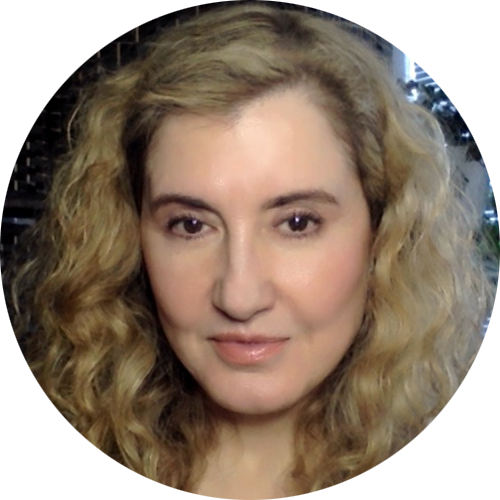
Dr. Marisa O. Ensor
Dr. Marisa O. Ensor is a gender and youth specialist with a background in the human dimensions of Environmental Change (including Climate Change), Disasters, Conflict, Displacement, Security, Development, and Humanitarian Action. Trained in applied political and environmental anthropology and human rights law, Dr. Ensor is currently based at Georgetown University’s Justice & Peace Studies Program. She is also an Affiliate Faculty and former Senior Fellow at Georgetown’s Institute for the Study of International Migration, School of Foreign Service, and the current Chair of the Gender Interest Working Group of the Environmental Peacebuilding Association. Her research considers the link between threats to peace and security and the politics of environmental management, forced displacement, peacebuilding, and post-conflict/post-disaster recovery with a focus on gender and youth power dynamics. As an international consultant and applied researcher, Dr. Ensor has lived and worked in over 20 conflict-affected and environmentally fragile countries of Africa, Europe, the MENA region, and Latin America. Her research has resulted in numerous publications including five books, over 50 book chapters and journal articles, and dozens of technical and policy-oriented reports.

Dr. Uche Okpara
Dr. Uche Okpara is a UK Research and Innovation Future Leaders Fellow at the Natural Resources Institute (NRI), University of Greenwich. He is the founder of the African Pathways Research Lab, which provides a one-stop-shop for knowledge innovation and operationalisation of the Sustainable Development Goals related to prosperity, climate and peace. He is also the director of the Lake Chad Region Peace and Prosperity Pathways Project. He co-leads the Fragility and Conflict Research Group at NRI. He holds a PhD degree in Environmental Sustainability (University of Leeds) and an MSc in Natural Resources and Sustainable Environmental Management (University of Greenwich). His first degree is in Agricultural Economics (First Class Honours, University of Nigeria).
Dr. Uche has a diverse research interest around a central theme of climate security and its link with sustainable peace and inclusive development. His work uses theories and methods from both the natural and social sciences. He has been a module/course leader for various undergraduate and postgraduate programmes, teaching diverse groups of students in developed and developing countries. He has presented his work and travelled in Africa, Europe and the Americas. His recognition as a leading researcher is evidenced by a range of high-profile scholarly awards (such as the Next Generation Africa Scholar Award and the UKRI Future Leaders Fellowship award). He has published extensively on climate security, vulnerability and natural resources management topics in leading international journals. He regularly reviews research grant proposals for a couple of international funding bodies and he speaks regularly at international conferences and meetings around the world.
Dr. Uche is currently working to advance transformative pathways towards sustainable peace and equitable prosperity in transnational territories of the watershed of the Lake Chad basin – areas that crosscut communities facing interrelated risks of violent conflict and climate change. He does this by using innovative tools that are inclusive, participatory and deliberative, such local citizens labs, consensus conferences and young citizens panels.
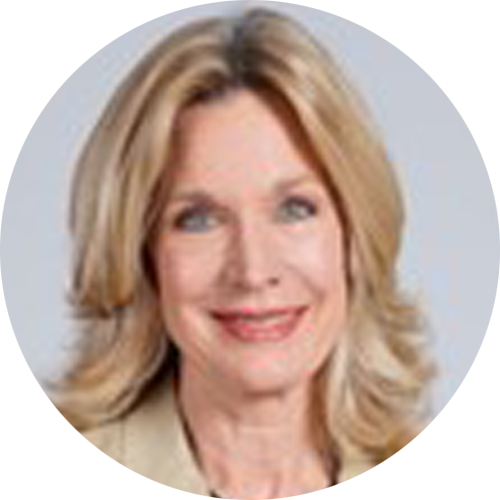
Dr. Melinda Crane
Moderator
Dr. Melinda Crane has given speeches and moderated events and discussions for a wide range of international organizations and firms. She is a frequent guest and commentator on German television and radio and regularly analyzes US policy for the news broadcaster n-tv. An experienced TV anchor, she is chief political correspondent at DW TV and also hosts the DW talk show “To the Point”. In 2014 she was awarded the Steuben-Schurz Media Award for her service to transatlantic understanding.
As International Affairs Consultant to the discussion show “Sabine Christiansen” she produced interviews with Kofi Annan, Bill Clinton, Hillary Clinton, and George Bush, among others.Her journalistic experience includes work for the “New York Times Magazine,” ”The Boston Globe Sunday Magazine,” “The Boston Globe,” the “Christian Science Monitor” and German newspapers and magazines.